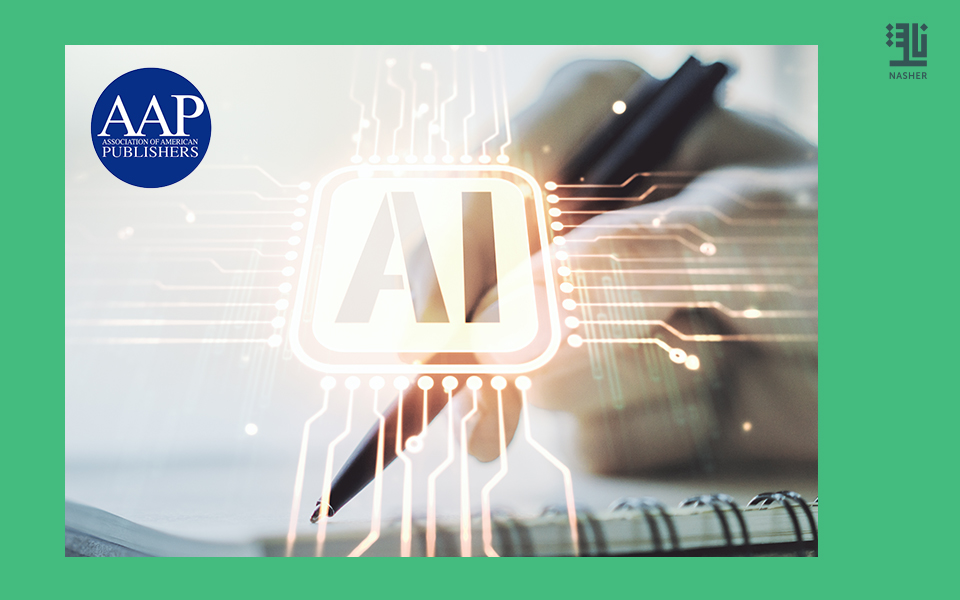Challenges of AI on both sides of the Atlantic
The challenges for the publishing industry represented by Artificial Intelligence (AI) were discussed at the Association of American Publishers (AAP) virtual annual conference on 8 May while a very real example reared its head in Bradford in northern England and led to a heated debate.
Maria Pallante, CEO of the AAP, said: “We can’t go back to the world before AI, any more than we can go back to the world before the Internet.” Among issues raised, she wondered what would be the consequence of a rise in the number of AI-generated books. “If we can’t contain AI-generated works, what should be the ethics about disclosing their provenance?” she asked.
At the end of April, the Bradford Literary Festival (BLF) in the UK posted an image of young girl wearing a hijab and headphones, reading. A number of authors and illustrators were quick to point out that the image was AI-generated. Author Lizzie Huxley-Jones tweeted: “Respectfully, I think this is a huge disservice to creators. AI harms illustrators and writers too. I think as bastions of the creative industry, you should be investing in artists’ unique work, not further investing in and legitimising a practice that seeks to retire us.”
Author and illustrator Emma Reynolds said: “Why did you use AI to create these images instead of hiring an illustrator? There’s currently no ethical way to engage in AI as it scrapes millions of images without people’s consent, which is hours of unpaid labour. It’s an infringement and it sends a bad message.”
In a tweet Bradford Literature Festival defended its use of the image, writing: “BLF appreciates that AI is a very fast-moving and contentious subject right now for all creatives. Our creative agency, Lazenby Brown, used AI for early source images which their illustrator then augmented to create our beautiful new artwork. We believe that these images fully […] reflect our inclusive ethos, our city and its people. We choose to work directly with illustrators and a huge range of creative individuals from across the globe to share, amplify and develop creative discussion and inclusion.”
For organisations like literary festivals, AI may be a way of making marketing cheaper for the greater glory of the authors featured. The industry is still at the beginning of its journey into the world of AI.







